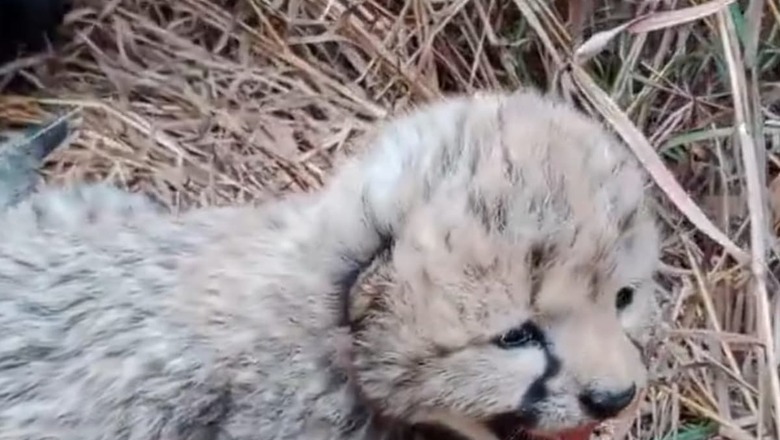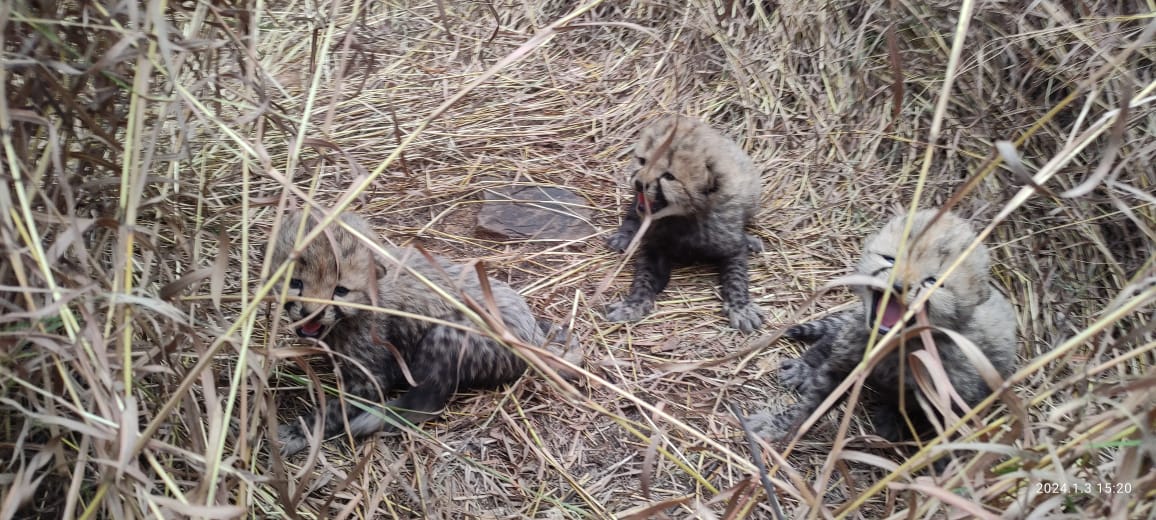
views
Nearly six months after all the 14 adult cheetahs were re-captured and put back into enclosures, the Kuno National Park is now gearing up to release all the remaining adult cheetahs into the wild again. However, the total count is now down to 13 after one of the Namibian cheetahs mysteriously collapsed in the enclosure last week.
Last December, the forest department started the phased release with four cheetahs – Agni-Vayu male coalition, female cheetah Veera and feisty male cheetah Pawan which has been recaptured multiple times in the past. However, challenges remain as the animals tend to venture far out of the park boundaries, making tracking difficult.
“We have released a few of them, while the rest are still within the large enclosures, where they are also hunting on their own. Now we have to release all of them into the wild, but we will do it in a phased manner. Next course of action will be decided in the next Steering Committee meeting,” said Dr Rajesh Gopal, Chairman of the Cheetah Project Steering Committee.
However, Namibian cheetahs Jwala and Aasha that gave birth to two litters this January will be held in the enclosure for more time along with the cubs.

The felines are being made to breed inside the enclosures. Three cubs were born to Jwala on January 3, followed by another litter of four cubs born to Aasha on January 23. However, the first cheetah cub born in India last March to Jwala turns a year old and is being raised by the forest officials, after it was rejected by its mother.
The sudden death of three cheetahs in July last year due to a winter-coat issue worsened by the weather had compelled the forest department to re-capture all the remaining 14 cats and put them back into the larger enclosures (bomas). According to experts, African cheetahs develop a thick layer of skin during winters, which proved to be a killer for the felines in the humid monsoon in Madhya Pradesh.
While prolonged captivity of the cheetahs, especially the Namibian cats remains a concern as cheetahs are naturally free-ranging wild animals and expected to fend for themselves, the officials are wary of any more mortality and keen to improve their prospects of survival.
According to experts, the captive-born cubs will also be re-wilded gradually as they wean away from the mother cheetah and become independent, and hone their hunting skills. The objective is to ensure the African cheetahs remain ecologically functional in Kuno where they can survive in natural environments that support the full array of prey species and competing predators.
Project Cheetah is one of India’s biggest ever wildlife experiments to revive the population of cheetahs in the country – animals which were declared extinct almost 70 years ago. At least 20 cheetahs – 10 males and 10 females – have been translocated in two batches from Namibia and South Africa since September, 2022. Seven of them have died due to multiple causes, including three of the first litter born in March last year.



















Comments
0 comment